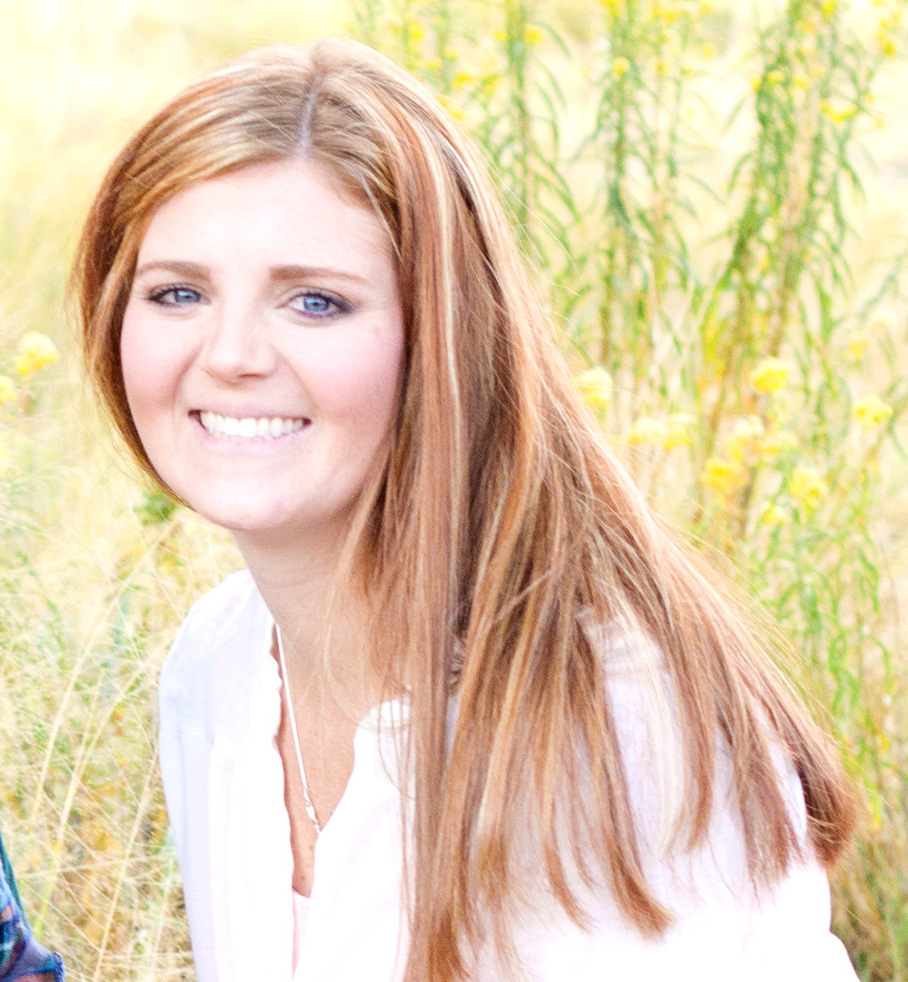Back in
August I was diagnosed with Cystic Fibrosis. My case is a little different than
most. The first reason my diagnosis is different is because I am 29 years old
and second because I have a different genetic marker than most cystic fibrosis
patients. My sister Lena was diagnosed with this about 4 years ago, she was also
29. We have always been close and talk all the time. I have watched her fight,
and because of my nursing background have been always interested in the
medications she takes and the process of the disease.
My genetic markers are Delta F508 and 3737C>T (I am currently only the 3rd registered in the world with this genetic marker)
What is
Cystic Fibrosis?
www.cff.org says
it’s a “life-threatening disease that causes persistent lung infections and progressively
limits the ability to breathe.” 1 in 4 people have cystic fibrosis and 75% are
diagnosed before the age of 2. This disease is very complex. Because of the many genetic mutations and markers, the disease has many different
symptoms and it affects each patient differently.
Was this
diagnosis a shock? Not really. For years I have always struggled with severe
allergies and mild asthma (more like “asthma” they couldn’t ever diagnose). I
have always cleared my throat and my mother says I had some digestive problems
as a child. I get sinus infections, bronchitis, frequent bladder infections and ear
infections, and they usually don’t clear after one dose of antibiotic. I have
had my tonsils out and an extensive sinus surgery.
The older I
get my allergies get a little worse and my cough gets a little more persistent…very
very slowly. Am I a little scared and worried? Yes. Of course!! As you know this
is a life-threatening disease. If you read about the disease on most websites
it says terrible things about this disease. It says I will most likely die
before I am 50, I will be in and out of the hospital with lung infections, and
in my sisters’ case pancreatitis. They say I will have pic lines with IV
antibiotics, and will lose so much weight, that I will possibly end up having a feeding
tube. Do these things scare me? Yes! But after yesterday I left my appointment even more positive than I did going in.
I had my
first appointment yesterday, and I saw so many people and listened to so much information. My hubby and I sat in the same exam room for 6 hours, meeting people and talking about what we will do to control this disease. It was a little overwhelming. We first saw a physical therapist. He talked about my bad habit of slouching. We
discussed ways to physically help my breathing. Next I saw a respiratory therapist;
she stretched my sides and performed a lung function test. My fev1 is 94%; this
is the volume of air forced out in one second after taking a deep breath. This level is pretty good for someone with CF and this will be my baseline.
Next I saw a dietitian; we talked about not losing too much weight and getting some of my vitamin levels tested. After the dietitian I saw a social worker, we discussed our health insurance, and talked about the emotional support I have in my life.
We then waited for the doctor who actually volunteers her time at the CF clinic.
We decided that I would get a handful of tests taken: sputum culture, stool
sample, ct of the chest, blood tests, sweat chloride test and a glucose tolerance
test. After the result of these tests we will decide what else we will do, as
far as medications and treatment for the disease.
During the last General Conference for
my church there was a talk by Elder Bednar. The talk was about why the church
is run by older men, and what he has learned as the youngest apostle of the LDS
church. In this excerpt he is asking one
of the older apostles, Elder Hales what he has learned as he has gotten older. “What lessons have you learned as you have grown older and
been constrained by decreased physical capacity?”
Elder Hales paused for a moment and
responded, “When you cannot do what you have always done, then you only do what
matters most.”
I was struck by the simplicity and
comprehensiveness of his answer. My beloved apostolic associate shared with me
a lesson of a lifetime—a lesson learned through the crucible of physical
suffering and spiritual searching.
This talk really meant a lot to me, I
thought about the process of this disease and where I might possibly be in the
next 20 years. I thought about everything that is important to me: my family,
my religion, the knowledge I have gained over my life, and what makes me happy. It
helped me think about what I can eliminate out of my life to be happier
now, and how I can live my life to the fullest. I need less negativity, more
family, less filler, more vacations, less cleaning, and more playing. From now
on, I live my life like I am dying.














No comments:
Post a Comment